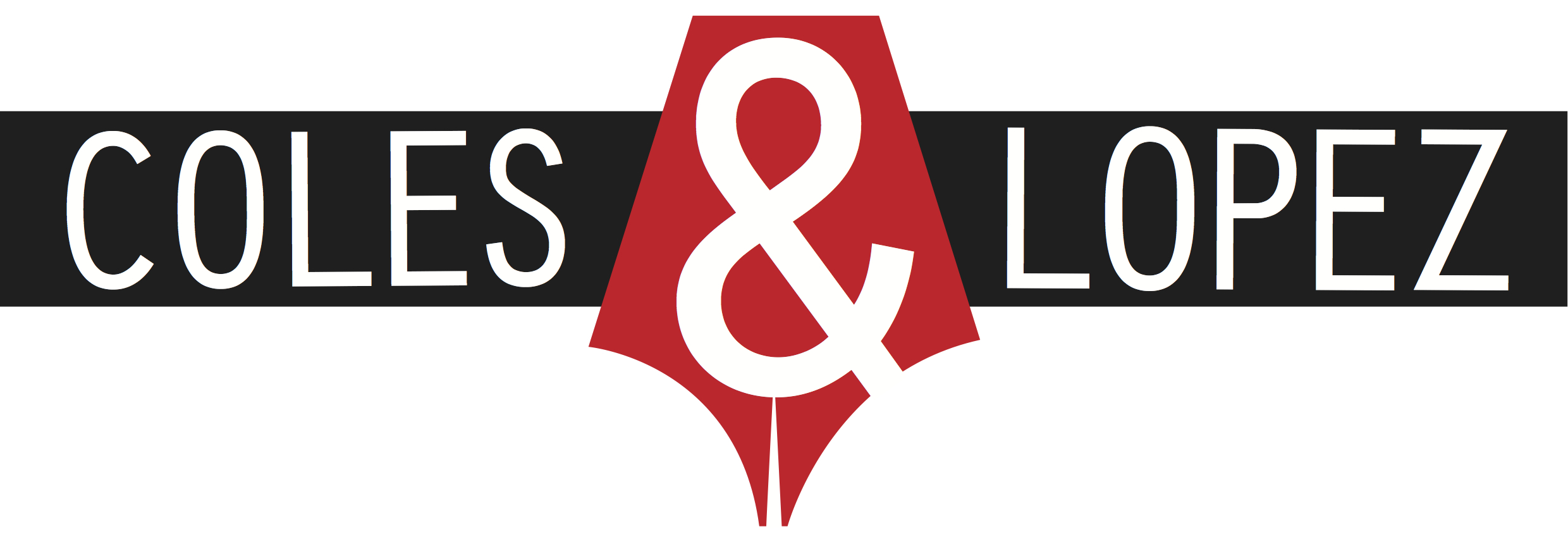Respect your elders
Here at Coles & Lopez, we are passionate opponents of elder abuse – both the real-world and the grammatical kind. Today, as you may have guessed, we’re focusing on the latter.
“Elder” and “older”
Many writers – including yours truly – have struggled to pick between “elder” and “older” at some point. The two words have some overlap in meaning, but they’re not always interchangeable.
Maggie Smith in the 1960s . . .
. . . and an older (or is it elder?) Dame Maggie last year.
The similarities
(1) Both can be used as attributive adjectives describing people. Attributive adjectives are placed directly in front of the thing they modify.
Dame Maggie Smith has two elder/older brothers, twins Alistair and Ian.
Note that the same applies to the adjectives “eldest” and “oldest”.
(2) Both can be used after “the” as part of a noun phrase.
Maggie co-starred with Judi Dench in The Best Exotic Marigold Hotel. Judi is the elder/older of the two by just 19 days.
In this context, “elder” and “older” are still adjectives, but they are being used in a group of words that acts like a noun: elder/older of the two.
Again, the same goes for “eldest” and “oldest”.
The differences
(1) Only “older” can be used to describe things that aren’t people.
Maggie has starred in several older classics, such as 1969’s The Prime of Miss Jean Brodie.
You couldn’t talk about an “elder classic” or the “eldest classic”.
(2) Only “older” can be used as a predicative adjective.
While attributive adjectives fall directly before the thing they modify, predicative adjectives tend to be separated from the thing they modify by a linking verb.
Maggie’s first son, Chris, is older than her second, Toby, by two years.
In that sentence, the predicative adjective “older” modifies “Maggie’s first son, Chris”. The two are separated by the linking verb “is”. It would be incorrect to write Chris is elder than Toby.
(3) Only “elder” can be used as a noun, meaning “one who is older” or “a senior member in a group”.
In Downton Abbey, Maggie played the Dowager Countess of Grantham, an elder of the community.
A rule to live by
In my opinion, the best way to avoid elder abuse is to remove the word almost completely from your vocabulary. “Elder” has only one exclusive use: as a noun (respect your elders). In every other instance – attributive adjectives, predicative adjectives, adjectives in noun phrases – “older” will fit the bill, so you may as well keep it simple and stick to that.


